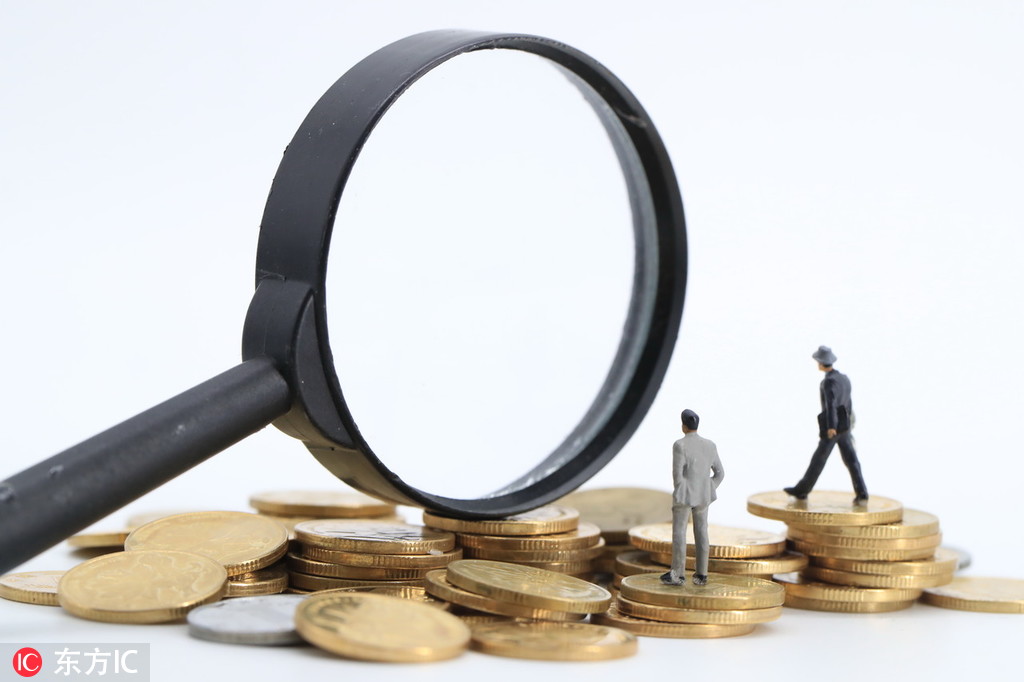Shanghai guideline raises alert over complaints by phony fraud-fighters


Shanghai guideline raises alert over complaints by phony fraud-fighters
Seven regulatory departments in Shanghai have jointly put forward a guideline to prevent purported fights against fraud that are themselves fraudulent.
The departments said anyone who tries to blackmail merchants by picking on minor faults in products, or even forging defective products with intent to file fraud complaints, will be put onto a blacklist or lose credit.
The departments include market watchdogs, such as the Shanghai industrial and commercial authority, the food and drug authority and law enforcement agencies, such as police bureaus.
According to Shanghai Law Journal, the number of fraudulent complaints received by market watchdogs has grown from some 800 in 2014 to more than 60,000 in the first half of this year, accounting for 30 percent of the complaints during the period.
A majority of such complaints come from so-called professional fraud fighters, who have taken on fraud fighting as a profession to generate income.
The city's industrial and commercial authorities are drafting detailed criteria to judge whether a person is filing a legitimate complaint against a faulty product or simply trying to use the complaint to blackmail the merchant.
The guideline, which was issued in October, requires related parties to consider the true purpose of every complaint, and questions should be asked. For example, is the complaint merely aimed at getting compensation, as the customer knew the product was defective before buying? Were multiple cases filed, or did the customer buy an unusually large number of products, exceeding normal consumption?
Su Minhua, a lecturer at Shanghai University of International Business and Economics, said "professional fraud fighters" usually do not target products with real quality issues but prey on those that have minor problems in advertising or on labels, because fighting the former takes much more effort.
Su has been studying the phenomenon and shared her findings at a seminar held by East China University of Political Science and Law in October.
Professional fraud fighters are becoming more organized and sophisticated, and administrative organs and courts have become their tools to extort money from businesses, she said.
Still, according to Zhang Shaoqian, a law professor at Shanghai Jiao Tong University, "It's worrisome to label all professional fraud fighters as fraudsters, and we should take comprehensive measures to deal with such people because there are different layers in fraud fighting."
Zhang said those who blackmail or spread rumors should be sued.
This year, the Shanghai No 1 Intermediate People's Court issued a report on consumer rights protection disputes that said fraud fighters have a right to sue companies for faulty products, but it required a strict check of the evidence for punitive compensation.



































